7 Science-Backed Tips That Maximize Weight Loss Results on Semaglutide
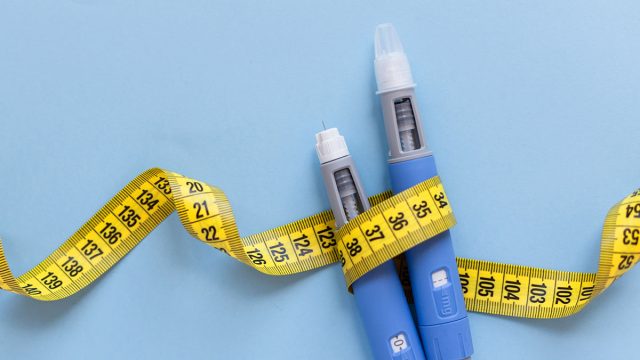
Weight loss medications like semaglutide can be life-changing, but success requires the right approach. Dr. Kerry Reller, a board-certified obesity medicine physician in Clearwater, Florida, reveals five essential habits that optimize your results while protecting your health.
Get Critical Lab Work First
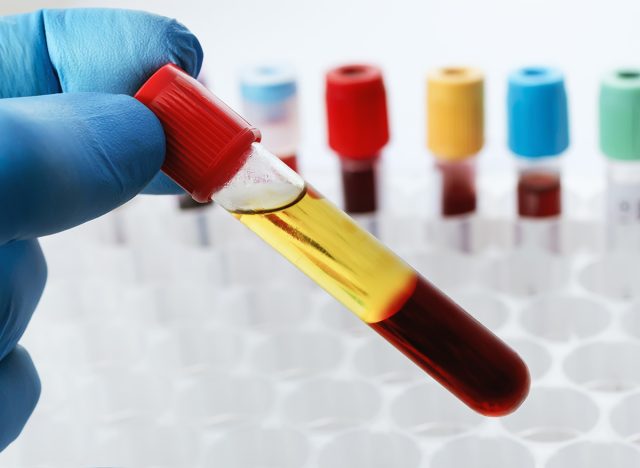
"Most medications like Ozempic, Wegovy, and Mounjaro require prior authorization," Dr. Reller explains in her post. Baseline testing for diabetes markers and metabolic health isn't just paperwork—it's your roadmap to tracking progress and ensuring insurance coverage.
Track Body Composition Changes

"These medications make you lose weight quickly," warns Dr. Reller. Professional body composition scans distinguish between fat loss and muscle loss, helping you maintain healthy tissue while shedding dangerous visceral fat around organs.
Master Your Protein Strategy
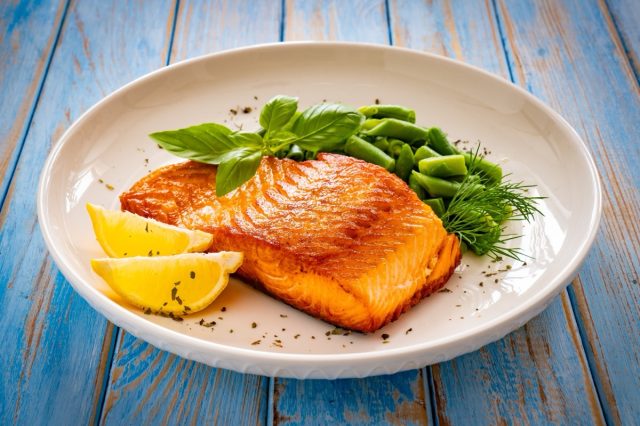
The reduced appetite from semaglutide can make nutrition challenging. "I usually recommend at least 90 grams of protein daily," states Dr. Reller. "That's hard to do when you're not hungry." Work with your provider to develop strategies for meeting this crucial target.
RELATED: 20 Things You Need to Know About Ozempic and Weight Loss
Prioritize Daily Fiber
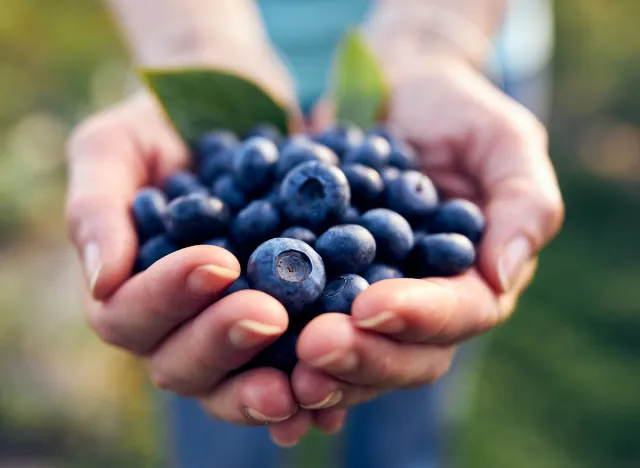
"Fiber helps us keep our gut colon healthy," Dr. Reller emphasizes. Regular fiber intake through fruits, vegetables, and beans helps prevent constipation—a common medication side effect—while supporting overall digestive health.
Commit to Strength Training
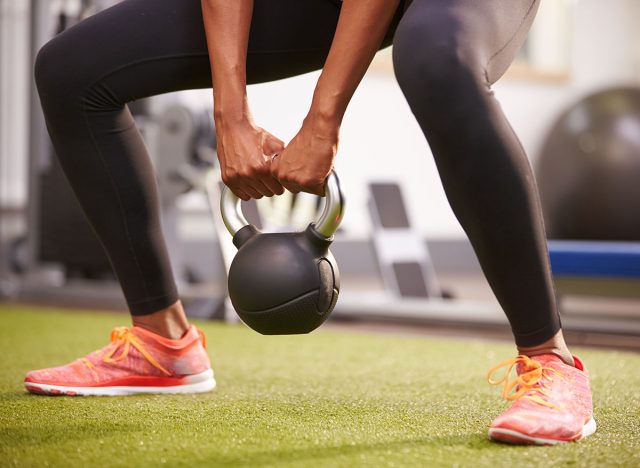
"Resistance training is super important to maintain muscle mass," Dr. Reller stresses. Regular weight training ensures you're losing fat, not valuable lean tissue during your weight loss journey.
RELATED: Coach Reveals 8 Steps to Cut Body Fat in Half During 2025
Monitor Your Progress
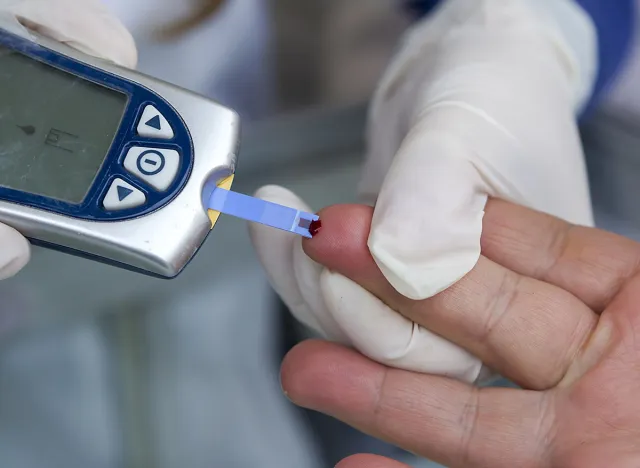
According to Mayo Clinic physicians, tracking blood sugar levels is crucial, especially when combining semaglutide with other medications. Regular monitoring helps prevent complications and ensures optimal dosing.
Master Medication Storage
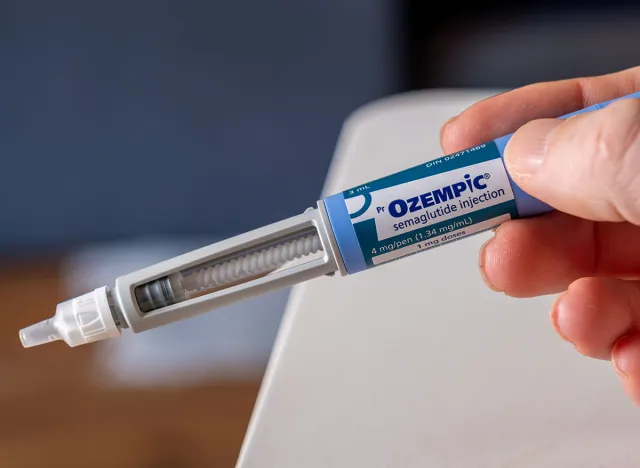
Mayo Clinic experts emphasize proper storage for medication effectiveness: keep unopened pens refrigerated. Once in use, Ozempic pens last 56 days and Wegovy pens 28 days, whether refrigerated or at room temperature.
RELATED: 20 Possible Ozempic Side Effects
Know What to Expect

Mayo Clinic experts note that side effects like nausea typically improve with time. Staying in communication with your healthcare provider ensures proper management and sustained results. And if you enjoyed this article, don't miss 20 Incredible Ozempic Success Stories of All Time.




